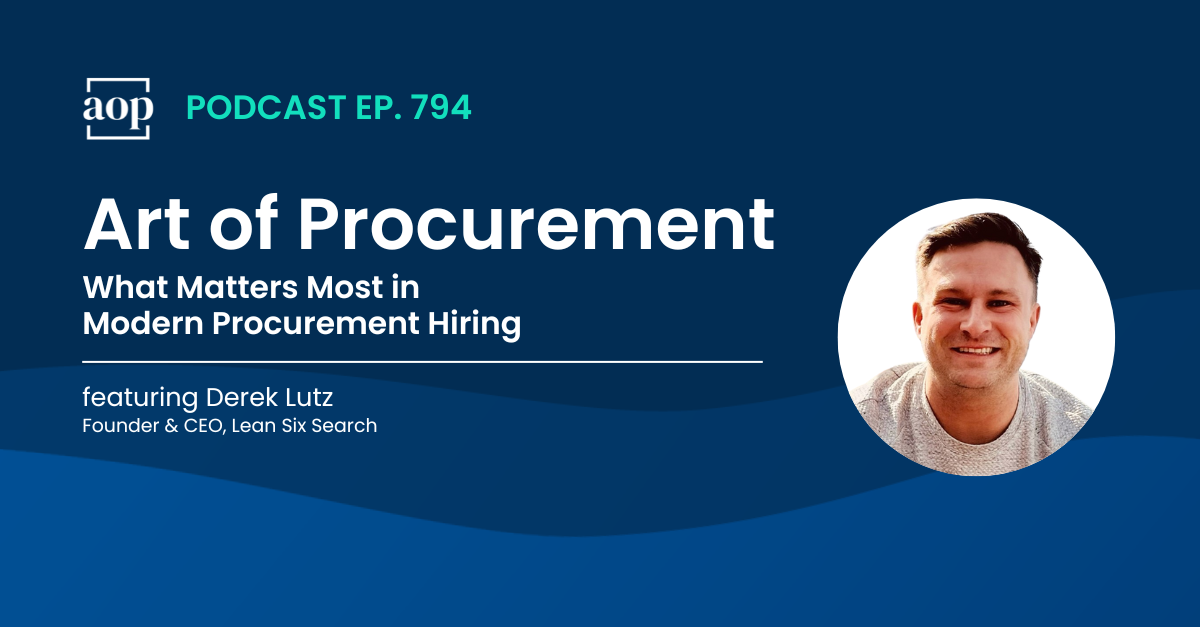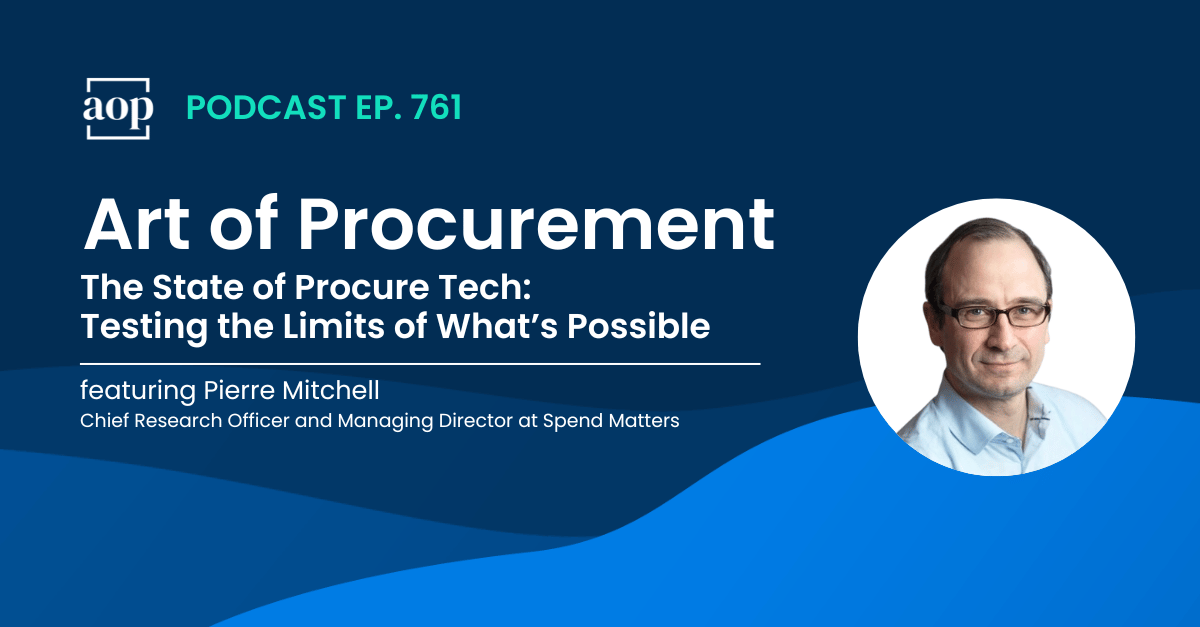
“For anybody getting into the CPO role, whether internal or external, you ultimately have to start with your own assessment of the organization and quickly come up with what your priorities are.” – Darshan Deshmukh, President at ProcureAbility
The role of Chief Procurement Officer has changed drastically over the last decade, shifting from a cost-focused function to a strategic, value-generating leadership position that contributes directly to an organization’s growth, competitive advantage, and overall success.
This evolution has changed how CPOs approach their roles and how the business measures their success. For procurement leaders stepping into a new CPO role, understanding how to navigate these new expectations is crucial for their short- and long-term success.
I recently spoke with Darshan Deshmukh, President at ProcureAbility, about the changing nature of procurement leadership and how today’s CPOs can navigate this new landscape. He has many years of experience working with procurement executives across multiple industries, and because of that, he has a unique point of view on what makes a CPO successful in today’s complex business environment.
Here, Darshan offers a comprehensive look at the state of procurement leadership, and he shares what it takes to be a highly effective and successful procurement leader today.
From Cost Savings to Value Generation
"The role for CPOs has definitely changed significantly in the last decade or so... the type of tasks that individuals do versus the responsibilities that they carry has changed significantly and the expectations changed significantly as well. I would say the role has become a lot more focused on value generation or revenue enablement than cost savings."
The New CPO Reporting Structure
"A lot of times procurement has to think, ‘how are we enabling revenue?’ And when I look at how it is reflected in where the chief procurement officers or the chief supply chain officers are positioned within the organization, I think we will see many more CPOs and chief supply chain officers reporting to the CEOs as a trial."
In-Demand CPO Skills
"If I think about the critical characteristics of a CPO maybe 10 or 20 years ago, it's somebody who needs to be analytical, a good negotiator, and a strong operator. They need to carry strong ethics and a compliance mindset.
But if you look at a lot of the CPOs in the industry right now, having strong selling skills and a charismatic personality. Good influencing skills are important but tend to be traditionally sales-focused or CEO-focused characteristics."
From CPO to CEO
"Does the CPO track lead you to become a CEO? 20 years ago, most probably, no, absolutely not... But what makes Tim Cook [from Apple] a stronger CEO is having that holistic business operations experience."
How New CPOs Should Approach Change Management
"I'm a strong believer in the rule of 37x, which is you do one percent incremental change every day without degradation, and in a year you get 37 times the improvement, versus organizations who do a big bang of two or three initiatives in a year and then you get a big degradation associated with that."
Building the Right Team
"Having strong leaders enables you to drive the agenda that you're trying to drive within the organization... Ultimately at the end of 90 days, you want to have a plan, and within six months or 12 months to have an organization that helps you achieve objectives for the next three years."
CPOs have to Balance Speed and Stability
"You want to have a very intentional approach to change. Don't be over analytical and have everything buttoned up before driving change... I think what is critical is, you need to balance the speed and results to move fast. But, when it comes with a bunch of broken glass at the end of 90 days, you might be actually worse off in the longer run than the fast results that you're expecting."
Advice for New CPOs: Thoughtful Assessment Before Action
"Use that assessment time to gain a good understanding of what the pain points are... The small wins are important. The quick wins are important to gain credibility. But, you have to make sure that you are doing the right things so that you can gain credibility."
Subscribe to Art of Procurement
Apple | Stitcher | iHeart Radio | Email
Links & Resources
- Darshan Deshmukh on LinkedIn
- Overcoming Procurement’s Fear of AI
- Subscribe to This Week in Procurement
- Subscribe to Art of Procurement on YouTube
- ProcureAbility's Provider Page on Art of Procurement


.png)

